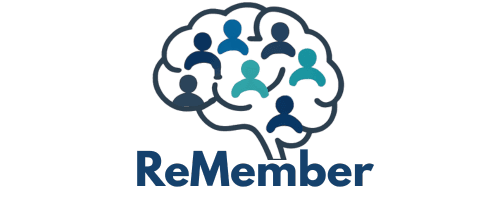Research
Our Study
This study evaluates a six-month trauma-informed mental health group for unhoused adults experiencing psychological distress or resistance to services. The intervention integrates Motivational Interviewing, narrative identity theory, and complex trauma recovery to support emotional regulation, identity reconstruction, and relational healing. Groups are co-facilitated by licensed clinicians and peers with lived experience of homelessness, creating a safe, non-coercive space grounded in both clinical and experiential knowledge.
Participants meet weekly at low-barrier community sites, regardless of housing status, sobriety, or documentation. The group model emphasizes structured autonomy and collaborative norm-setting to foster psychological safety and rebuild trust: key factors in counteracting institutional mistrust and promoting long-term engagement.
Our Hypothesis
As homelessness, untreated mental illness, and service resistance become increasingly criminalized, there is an urgent need for ethical, person-centered mental health interventions. At ReMember, our central hypothesis is that a structured, trauma-informed group model can improve the psychological distress and disengagement that often prevent unhoused people from accessing care.
Our method
Psychosocial functioning is assessed at four time points, baseline, mid-intervention, post-intervention, and three-month follow-up, using validated instruments: the Emotion Regulation Questionnaire (ERQ), New General Self-Efficacy Scale (NGSE), Patient Health Questionnaire (PHQ-9), Generalized Anxiety Disorder Scale (GAD-7), and Adverse Childhood Experiences Questionnaire (ACE). Qualitative data is gathered through participant interviews and facilitator field notes.
Repeated measures ANOVA is used to evaluate changes in emotion regulation, self-efficacy, and mental health over time. Voluntary service uptake is also tracked to assess whether addressing internal psychological barriers increases re-engagement with housing, healthcare, and behavioral services.
Our Goal
Through this research, ReMember seeks to advance a replicable model of trauma-informed, non-coercive care that meets the mental health needs of unhoused individuals while offering an alternative to criminalization.
